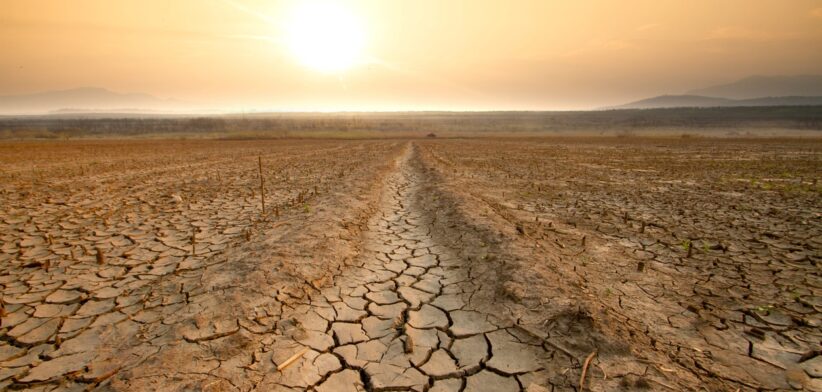Two thirds of the indicators tracking global health risks have hit new record highs.
The 2024 Lancet Countdown on Health and Climate Change has revealed an escalation in climate-related health threats, with 10 of 15 indicators reaching new records.
World Health Organisation Director Maria Neira said in 2023 people faced an average of 50 additional days of health-threatening temperatures and nearly half the world experienced severe drought, leading to heightened food insecurity for 151 million more people, compared to previous decades.
Dr Neira said despite the availability of clean energy solutions, governments and companies continued to invest trillions in fossil fuels, exacerbating these health risks.
“The report calls for an urgent redirection of these funds to build a healthier, more sustainable future and underscores the need for a rapid, just transition to net zero emissions.”
She said the report, prepared in collaboration with WHO, highlighted that the climate crisis was taking a toll on people’s health.
“We are seeing record-breaking heat waves, droughts and food insecurity affecting millions of lives worldwide. Yet, we continue to pour trillions of dollars into fossil fuels, which are driving these crises.”
Dr Neira said in 2023 extreme drought affected 48 percent of the global land area, while 61 percent of the global land area saw an increase in extreme precipitation events compared to the 1961–1990 average, increasing the risks of food insecurity, extreme weather and water contamination.
She said beyond the human toll, the economic losses from extreme weather events alone were estimated at USD$227 billion per year over the past five years (2019–2023), a value that exceeded the GDP of 60 percent of the world’s economies.
DOWNLOAD: 2024 Lancet Countdown on Health and Climate Change








